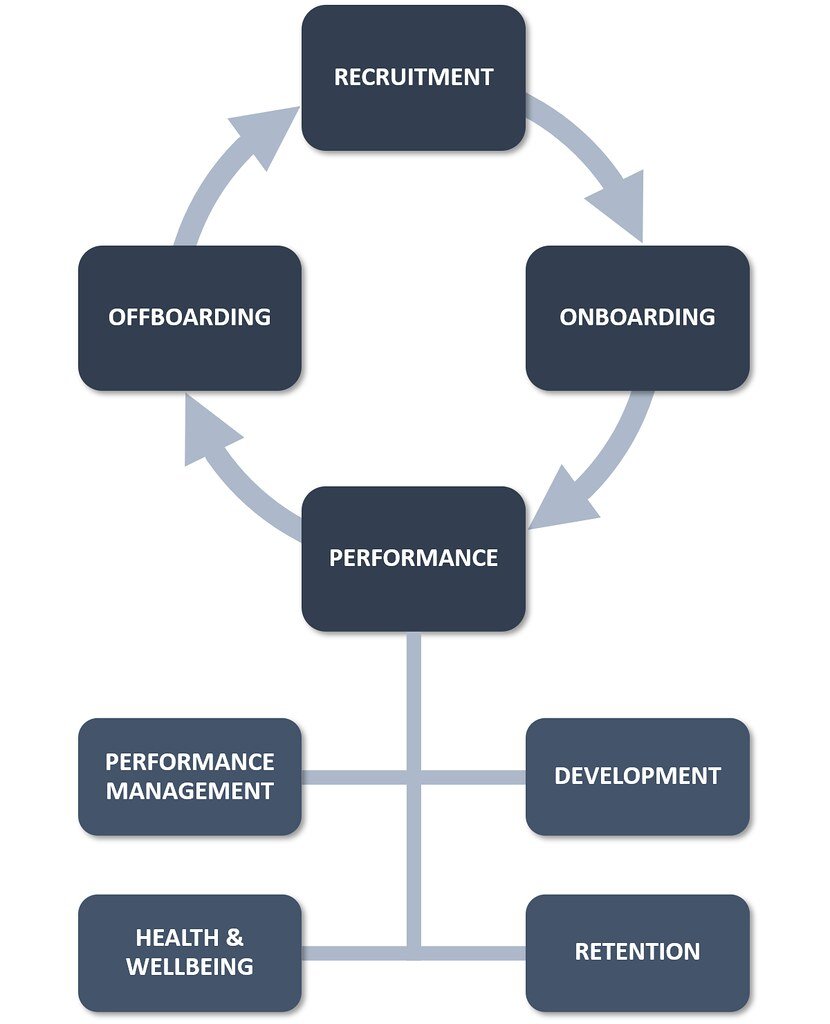
Virtual Coworking Spaces: A New Way to Boost Productivity
In the era of remote work, virtual coworking spaces have emerged as a game-changer, offering a unique blend of collaboration and flexibility. With the ability to connect with like-minded professionals from around the world, these digital hubs are revolutionizing productivity and fostering a sense of community in the virtual realm.

The Importance of Local Networking Events for Remote Workers
Remote workers often miss out on the benefits of face-to-face interactions, making local networking events crucial for building connections and expanding professional horizons. These events provide a unique opportunity to meet like-minded individuals, exchange ideas, and foster collaborations that can enhance productivity and personal growth.

Remote Work and Accessibility: Making Work Inclusive for All
As remote work becomes increasingly prevalent, it is crucial to ensure that it is accessible to all individuals, regardless of their abilities. By embracing inclusive practices such as providing assistive technologies and accommodating different communication styles, we can create a truly inclusive work environment that benefits everyone.

How to Recognize the Signs of Remote Work Burnout
As the lines between work and personal life blur in the remote work era, it's crucial to spot the signs of burnout. From constant fatigue to decreased productivity, recognizing these red flags can help individuals take necessary steps to restore balance and well-being.

The Role of Employee Offboarding in Remote Work Legalities
As remote work becomes increasingly prevalent, the legalities surrounding employee offboarding take on a new dimension. From ensuring data security to addressing jurisdictional issues, companies must navigate a complex landscape to protect both their interests and those of their departing employees.

How to Prevent Remote Work Fails with Emotional Intelligence
In the era of remote work, emotional intelligence plays a crucial role in preventing failures. Understanding and managing emotions, fostering empathy, and effective communication are key to maintaining productivity and harmony in virtual teams.

The Importance of Professional Development in Remote Teams
In the ever-evolving landscape of remote work, professional development plays a crucial role in ensuring the growth and success of remote teams. From enhancing skills to fostering collaboration, investing in professional development empowers remote employees to thrive in their roles and adapt to the changing demands of the digital era.

The Pros and Cons of Remote Work: What You Need to Know
Remote work offers the freedom to work from anywhere, eliminating the need for a daily commute and allowing for a better work-life balance. However, it can also lead to feelings of isolation and a lack of collaboration, making it important to weigh the pros and cons before diving into this new way of working.

The Best Dictation Software for Remote Work
Dictation software has become an essential tool for remote workers, allowing them to effortlessly transcribe their thoughts into text. From the accuracy of Dragon Professional Individual to the user-friendly interface of Google Docs Voice Typing, this article explores the best dictation software options for seamless remote work.

How to Use Virtual Reality for Remote Work
As the world embraces remote work, virtual reality offers a creative solution to bridge the physical gap between colleagues. With VR, you can collaborate, communicate, and even socialize with your team members as if you were in the same room, enhancing productivity and fostering a sense of togetherness.

How to Use AI Tools to Automate Remote Work Tasks
In the era of remote work, AI tools have emerged as the ultimate game-changers, automating mundane tasks and boosting productivity. From scheduling meetings to organizing files, these intelligent assistants are revolutionizing the way we work, allowing us to focus on what truly matters.

The Importance of Local SEO in Remote Work
In the era of remote work, local SEO remains a crucial aspect for businesses. While physical proximity may not be a priority, optimizing your online presence for local searches ensures that your brand reaches the right audience, fosters trust, and boosts visibility in the digital landscape.